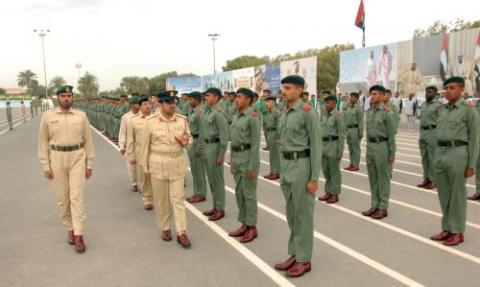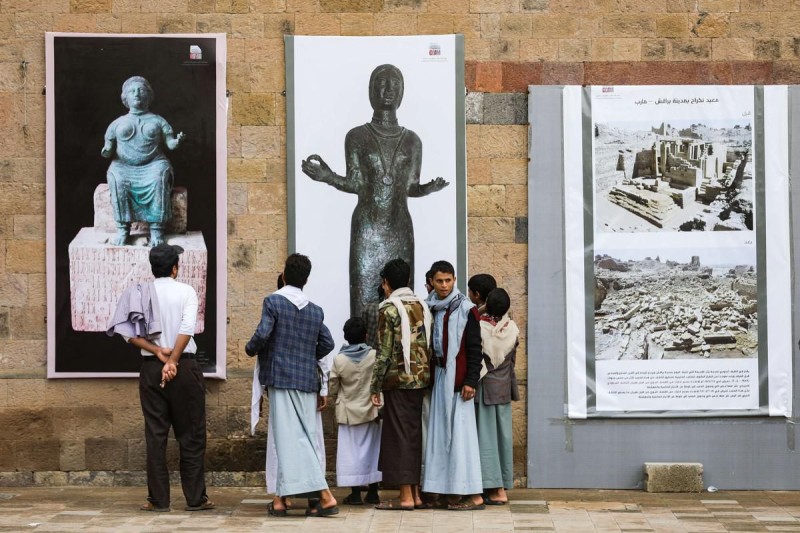EU Aid to Yemen will help provide essentials of life to the most vulnerable people


As the humanitarian crisis in Yemen escalates, the European Commission has increased its aid to the country by €12 million.
Some €10 million of this will be used to provide food, water, sanitation, health, shelter, emergency household supplies and protection to vulnerable people in Yemen.
The remaining €2 million will be used to meet the basic needs of refugees fleeing to the horn of Africa.
Yemen is the poorest country in the ArabPeninsula and has been since long before the crisis began; nearly half the population lives below the poverty line. After four months of conflict involving regular airstrikes and fighting on the ground, the country is experiencing severe shortages of water, food, medicine and fuel. Yemen now has the world’s third-highest rate of malnutrition.
"The humanitarian crisis in Yemen is reaching catastrophic proportions with 80 percent of the population now in need of assistance,” said Christos Stylianides, Commissioner for Humanitarian Aid and Crisis Management, in a press release.
The ongoing civil war in Yemen has spurred the European Commission to act further. With the addition of this €12 million, the EU has now given €35 million in aid to the country in 2015. EU member states and the Commission provided over €100 million to Yemen in 2014.
“The objective of humanitarian aid is to save lives, and with our support in Yemen, we want to do just that. EU humanitarian aid goes to countries outside of the European Union and reaches over 120 million people around the world each year,” Alexandre Polack, European Commission spokesperson for humanitarian aid and crisis management, told the Prague Post in an email.
“Our humanitarian aid is not conditioned by geography or by any ties with the recipient country. [It] is needs based and delivered in full compliance with the principles of neutrality, humanity, independence and impartiality,” he added.
Yemen’s government is no longer able to assist its citizens in need. The lack of fuel and increased restrictions on imports has hindered the transport of basic food items and medicine. The crisis in Yemen is now classified by the United Nations as a level three emergency — the most severe, large-scale humanitarian crisis.
In response to this classification, the UN plans to increase its staff in Sana’a, the largest city in Yemen, by August. The organization also wants to establish hubs in different regions of Yemen, which will make it easier to establish programs across the country.

Sana’a – The General Authority for Antiquities and Museums, operating under the control of the Houthi militia in the occupied capital S…

Hadramout — UNESCO has officially inscribed Al-Dan Hadrami, a traditional poetic and musical art form from Yemen’s Hadramawt region, on…

NewYourk  -- The renowned auction house Sotheby’s has revealed plans to present one of the rarest surviving Yemenite Torah scrolls in it…